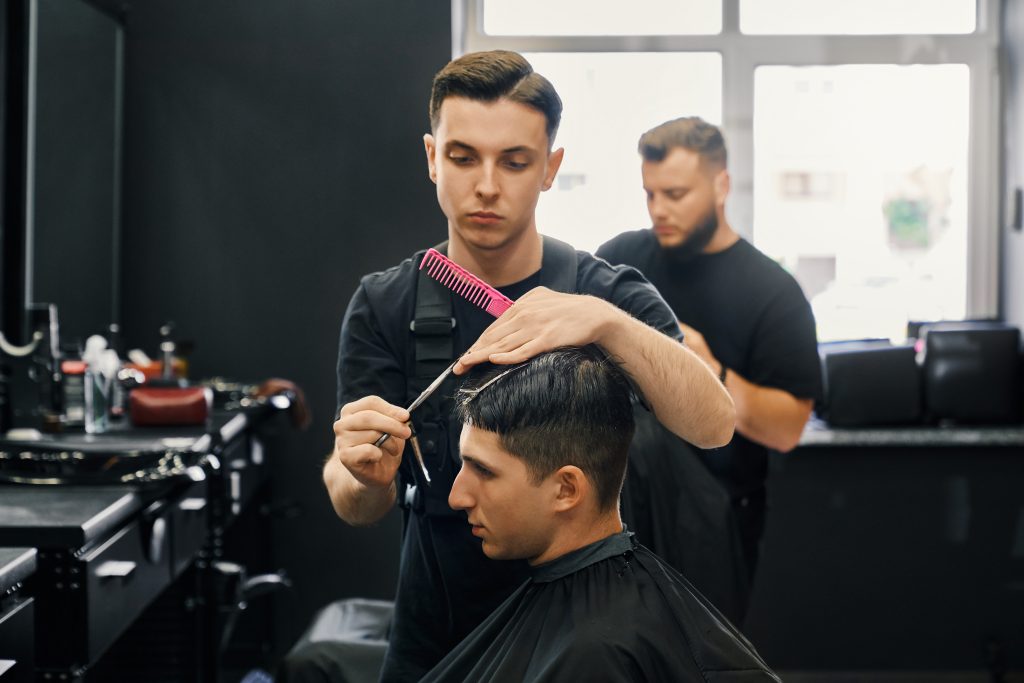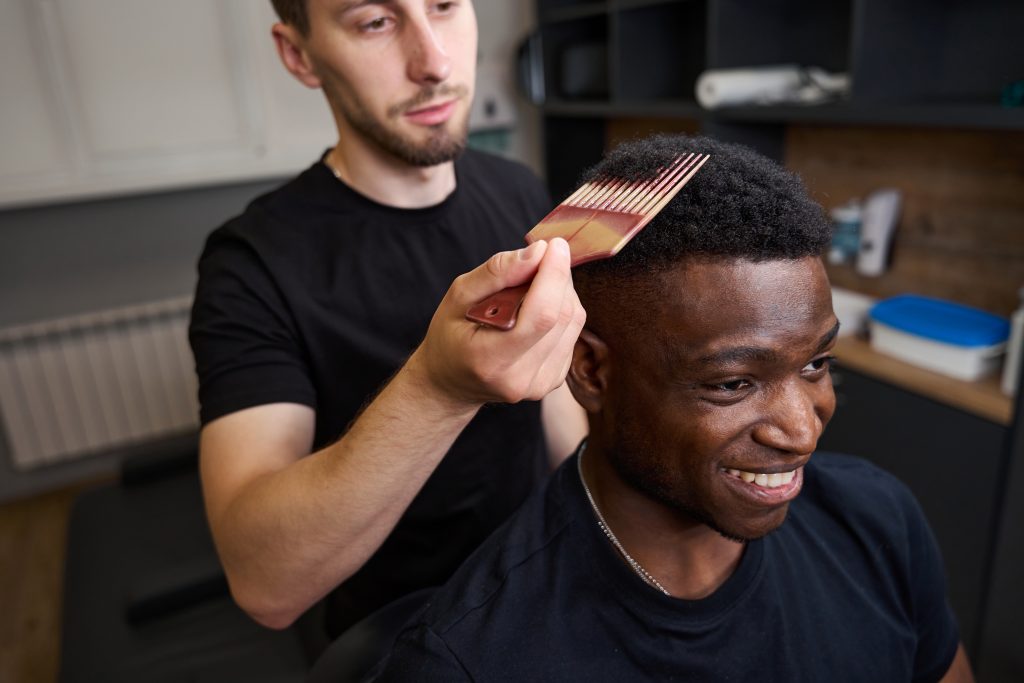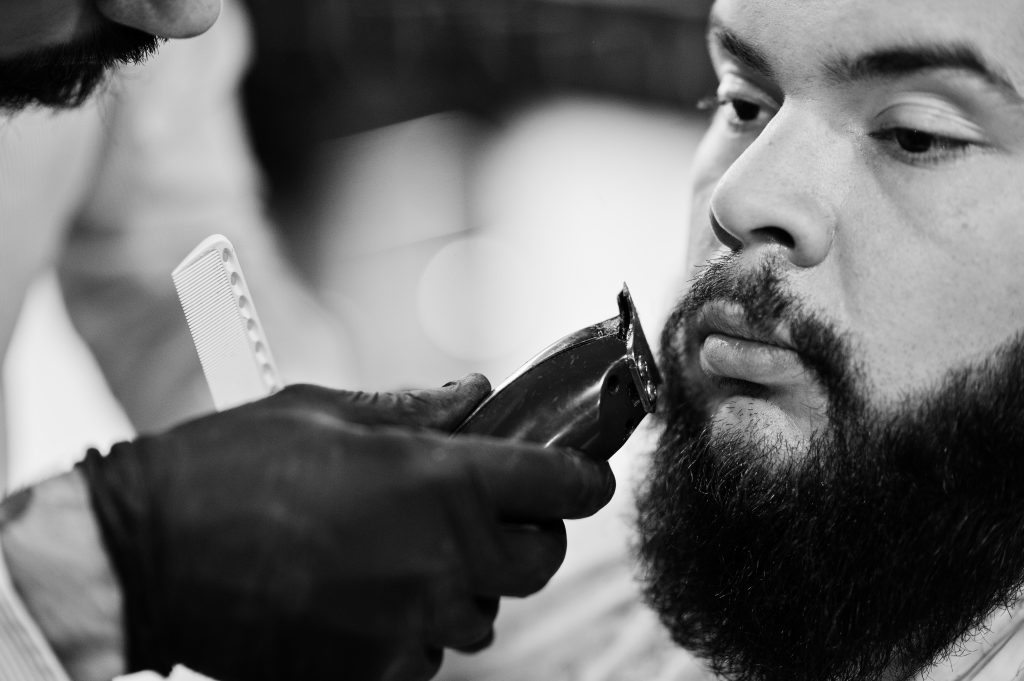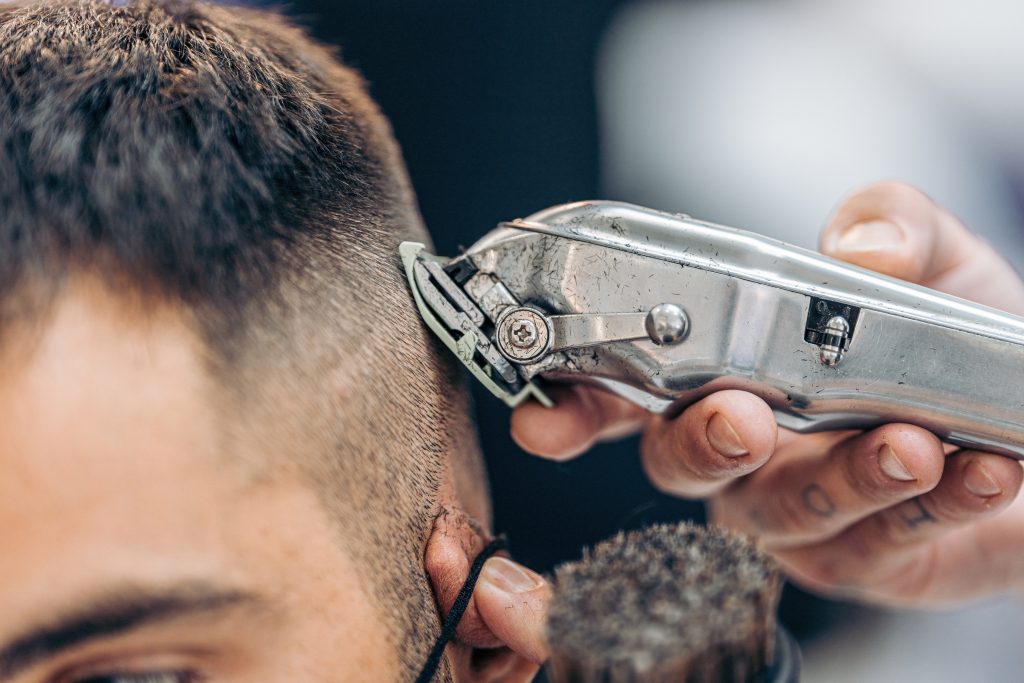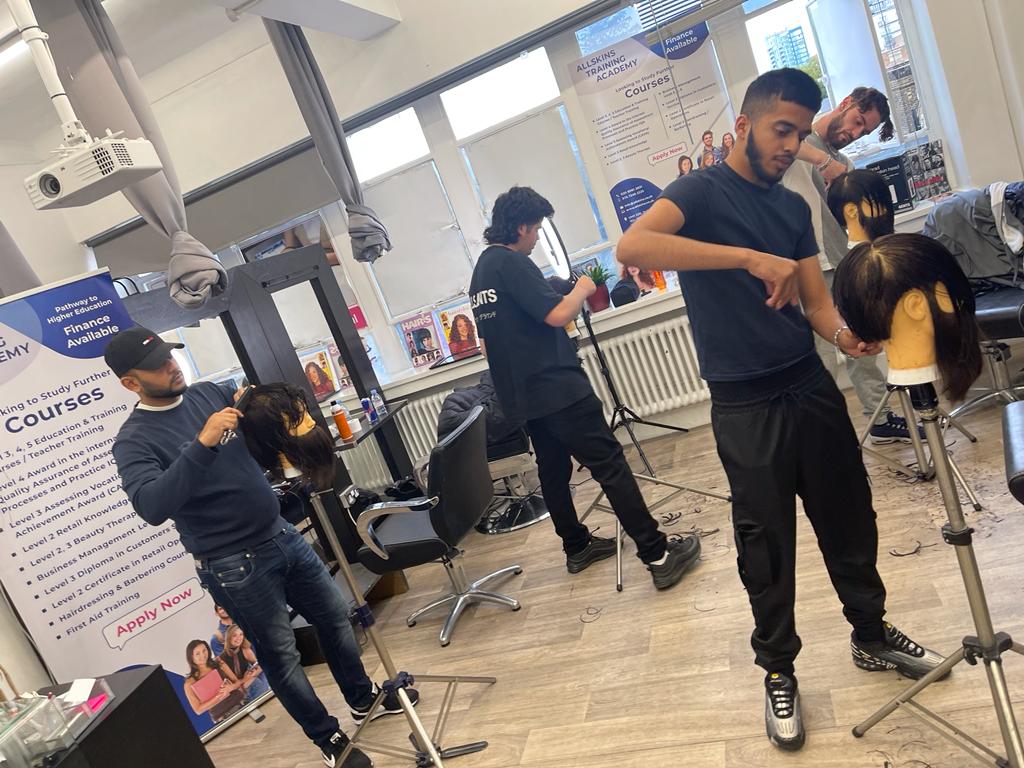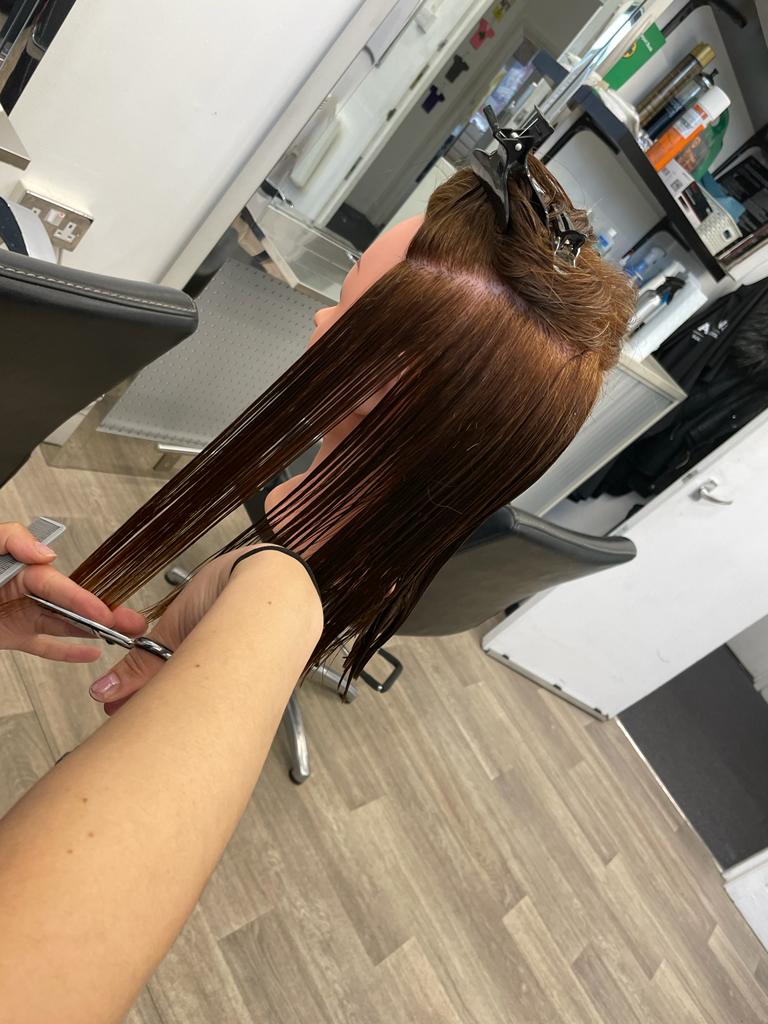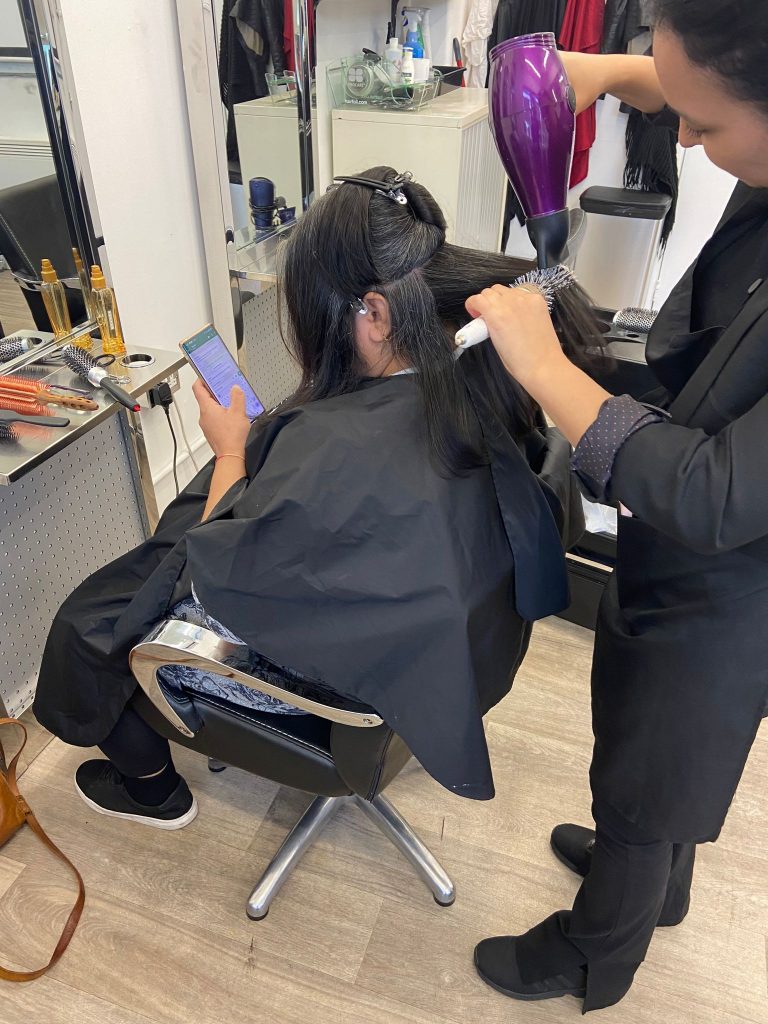Overview of barbering skills
History of barbering as a profession. Barbering has been a respected profession for centuries, dating back to ancient civilisations where barbers were highly skilled individuals responsible for grooming royalty and nobility. Throughout history, barbers have honed their skills in cutting hair, shaving, and beard trimming, making them experts in men’s grooming. Today, barbering continues to be a thriving industry, with modern barbers incorporating traditional techniques with contemporary styles to cater to a diverse clientele. As a result, the art of barbering has evolved into a fusion of tradition and innovation, cementing its place as a timeless profession.
Barbershops have become more than just places for haircuts; they have transformed into social hubs where men gather to relax, catch up on the latest news, and enjoy a sense of camaraderie. The atmosphere of a barbershop is unique, with its vintage decor, classic barber chairs, and the sound of buzzing clippers creating a nostalgic ambiance. Customers often form strong bonds with their barbers, trusting them not only with their appearance but also confiding in them as a trusted confidante. This personal connection between barber and client is a cornerstone of the barbering experience, fostering a sense of loyalty and community within the shop. In an age of fast-paced trends and fleeting fashions, the enduring appeal of the barbershop lies in its timeless tradition of quality service and genuine human connection. While the vintage decor and personal connections may be appealing to some, others may prefer a more modern and efficient salon experience without the need for lengthy conversations or nostalgia. Additionally, the idea of loyalty and community within a barbershop may not be as important to those who prioritise convenience and quick service.
For example, a busy professional who values efficiency may prefer a modern salon that offers online booking and quick appointments without the need for small talk. On the other hand, a customer who enjoys the sense of community and connection found in a traditional barbershop may continue to frequent the shop for its welcoming atmosphere and personalised service. However, this does not mean that all modern salons are efficient, and all traditional barbershops are slow. There could be a modern salon that values community and loyalty just as much as a traditional barbershop, offering quick service while also fostering a sense of belonging among its customers. Additionally, some customers may prioritise efficiency but still enjoy engaging in conversations and building relationships with their barber, blurring the lines between the two types of establishments.
For more information on how to become a successful barber, looking to start up a lucrative barbershop generating return on investment. Contact our team at ALLSKINS TRAINING ACADEMY LONDON. Our teams are on hand to provide necessary training as well as provide support. Business skills, educate your staffs. Emails: info@allskins.co.uk



